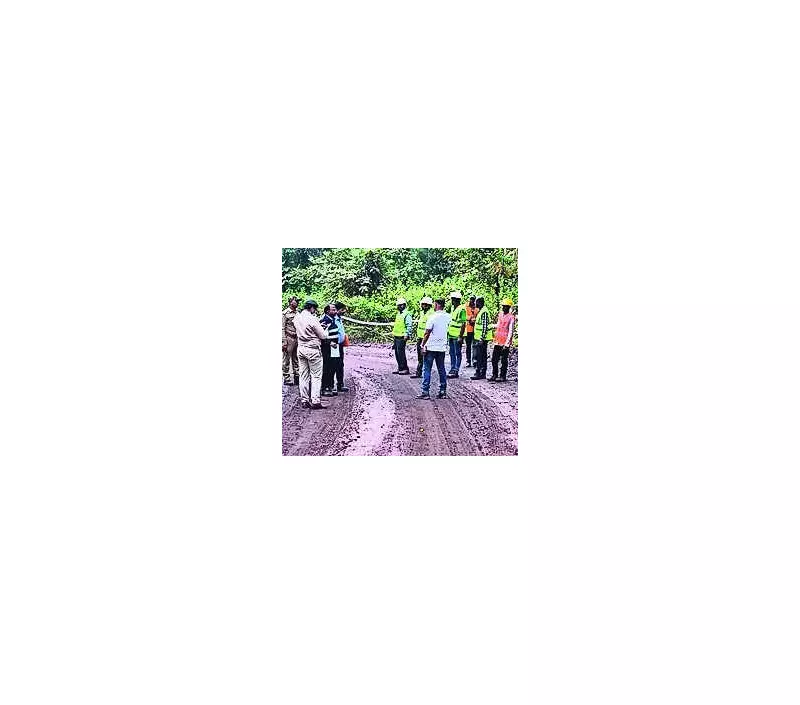
In a critical development for Odisha's industrial landscape, Jindal Steel and Power Limited (JSPL) finds itself navigating complex regulatory waters as the company engages in crucial discussions with the state's Forest Department to resolve pending permit issues that threaten to impact its operations.
The Permit Predicament
The heart of the matter revolves around approximately 19.5 hectares of forest land that JSPL requires for its Angul plant operations. Despite securing the necessary land, the company faces regulatory hurdles in obtaining the final forest clearance permits, creating significant operational challenges.
High-Stakes Negotiations Underway
According to reliable sources, JSPL management has initiated high-level talks with Odisha's Forest Department officials to find a mutually acceptable solution. The discussions focus on navigating the complex regulatory framework while ensuring compliance with environmental protection norms.
The company maintains that it has fulfilled all prerequisite conditions for the permit, including compensation payments and other statutory requirements. However, the final approval remains pending, creating uncertainty around the plant's operational efficiency.
Broader Implications for Industrial Growth
This situation highlights the delicate balance between industrial development and environmental conservation in India's rapidly growing economy. The outcome of these discussions could set important precedents for how similar cases are handled in the future, potentially influencing investment decisions in the state's industrial sector.
Industry observers are closely monitoring the situation, recognizing that the resolution could significantly impact JSPL's production capabilities and overall contribution to Odisha's industrial output. The company's Angul facility represents a substantial investment in the region and plays a crucial role in local employment and economic development.
As negotiations continue, stakeholders await a resolution that balances environmental stewardship with industrial progress, hoping for a outcome that supports both conservation goals and economic growth in the region.





